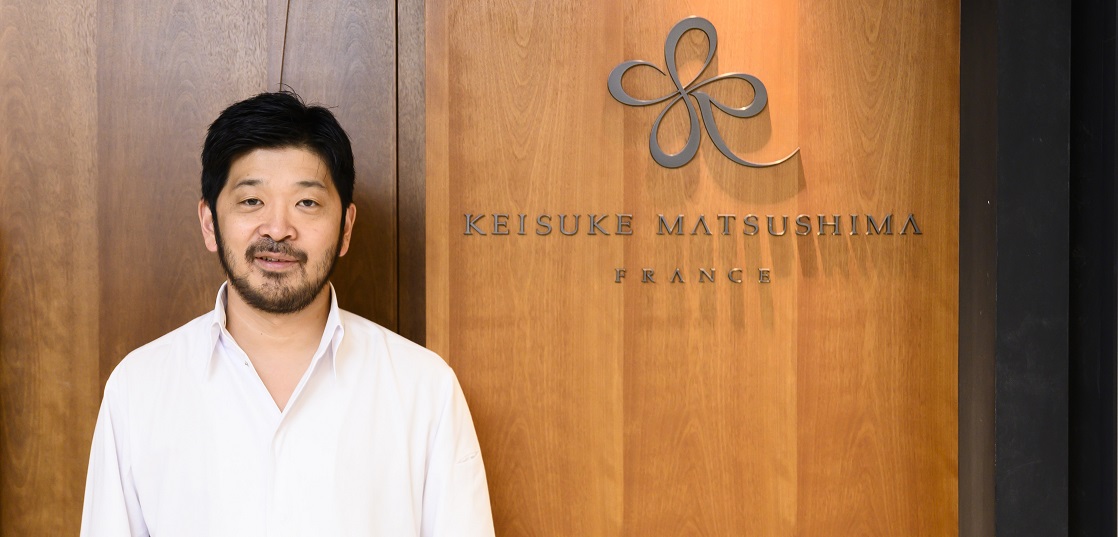Keisuke Matsushima has a brilliant career as a French chef, having won one Michelin star at the age of 28, the youngest foreigner. At the restaurant that he owns, he serves dishes with the concepts of "harmony with nature" and "local production for local consumption", and is also working to solve social issues through food.
This time, we asked Mr. Matsushima how he faces the natural environment and modern society through "food."
What "UMAMI" brings to humans
—Mr. Matsushima is working to popularize “umami” as the “fifth taste”. Can you tell me the reason?
Keisuke Matsushima (hereinafter referred to as Matsushima): Right now, society as a whole is too busy, isn't it? Isn't there a flow of "let's do it easily in a short time" for anything? In such a society, the seasoning of the dishes that people eat is getting stronger and stronger.
People living in the present age are busy, so they fill their stomachs with strong-tasting dishes. However, if you rely on salt or sugar for the deliciousness of food, your brain will gradually become accustomed to the strong “stimulation”. As a result, it leads to lifestyle-related diseases such as hypertension and diabetes.
With that in mind, you can see that "umami" is a very important taste for humans.
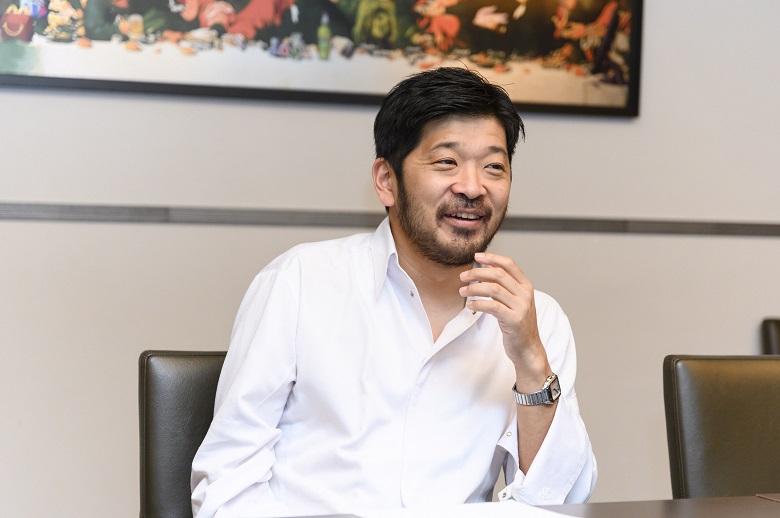
Keisuke Matsushima (Cook / Chef, owner of French restaurant "KEISUKE MATSUSHIMA")
Born in Fukuoka Prefecture in 1977. After graduating from high school, studied at "Ecole Tsuji Tokyo" and moved to France at the age of 20. After repeated training in various parts of France, he opened the French restaurant "Kei's Passion" in Nice at the age of 25 in 2002. In 2006, he was the youngest foreigner in history to win one Michelin star at the age of 28. In the same year, the store name was changed to "KEISUKE MATSUSHIMA". Opened in Tokyo in June 2009. In 2010, he was the first and youngest Japanese chef to receive the French Arts and Culture Medal Chevalier, and in 2016 he received the Agricultural Achievement Award Chevalier. We are working to solve social issues through food, including a project to spread "UMAMI" that originated in Japan to the world.
—Specifically, what is important?
Matsushima: You can reduce the amount of salt, sugar, and chemical seasonings used in dishes that take advantage of the natural umami flavor. In other words, it has great health benefits.
In addition, eating foods that focus on umami suppresses the autonomic nerves and has the effect of relaxing the feelings. I think we should shed more light on not only things that can be done quickly and easily, but also on calm and calm meals.
In the city of Nice, France, where my store is located, there are many seasoned dishes that take advantage of the natural umami. I want to tell the Japanese people more about what I gained from my experience living in Nice and what I was inspired by the environment over there.
Until "salt-free curry" is made
— Please tell us how you developed “Saltless Curry” as a dish that makes the most of umami.
Matsushima: I happened to be researching curry spices. At that time, I met turmeric (turmeric) from Okinawa, and first started developing saltless curry using this spice.
When my wife wasn't feeling well, I had her eat this curry, and I had the experience of getting better. It tastes good and doesn't contain salt. When I thought that this was a curry with a good health balance, I suddenly remembered Euglena
Euglena, I was Euglena Co., Ltd./Mitsuru Izumo), and he had previously handed me the powder, "Mr. Matsushima, let's do something together!". I was just thinking about how to make the best use of the scent of Euglena
"Health" "No salt" "Okinawa" —The keywords overlapped in my head. How about mixing Euglena, which is from Ishigaki Island, Okinawa, with fragrant curry? I told Mr. Izumo, "Please try it!" After a lot of trial and error, the result was the Euglena "Ishigaki Taiyo-san Curry".
"Salt-free curry" does not use any salt in consideration of health and makes the best use of the umami of the ingredients. Euglena from Ishigaki, which is rich in nutrition, as a material, the curry is even healthier and tastier. Even at the store, it was quite popular and I think we had a good menu.
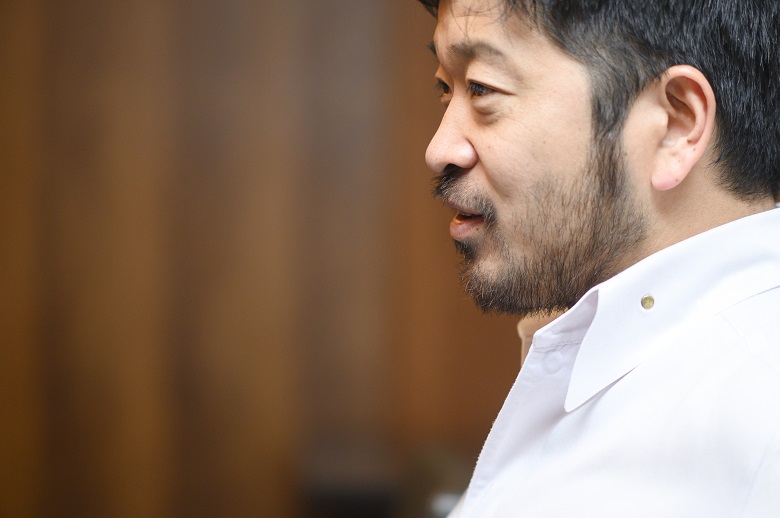
There are too many unnatural things in modern society
-In the concept of "KEISUKE MATSUSHIMA", where Mr. Matsushima is the owner chef, there is a sentence "ECOLOGIE = harmony and coexistence between humans and nature". Was this also derived from the experience of living in Nice?
Matsushima:I agree. Today's world — I feel that there are too many unnatural things, especially in the city of Tokyo. That is why I think it is necessary to re-question "what is nature?" And return to the origin.
Returning to the origin is simply a matter of whether or not you can follow the flow of nature, whether or not you can listen to the flow of nature, and whether or not you can entrust yourself to nature.
-Currently, there are various problems surrounding the natural environment, but as a chef who values natural ingredients, what kind of issues does Mr. Matsushima have?
Matsushima: I want to do what is natural, following the flow of nature. I would like to make such a dish that maximizes the goodness of seasonal ingredients in the area.
-When did you start to take it as a matter of course?
Matsushima: Was it when you came to Tokyo? Originally I grew up on a farm in the countryside where nature is abundant, so I started to feel "unnatural" for the first time in the city. Surrounded by concrete, it's hard to feel the season.
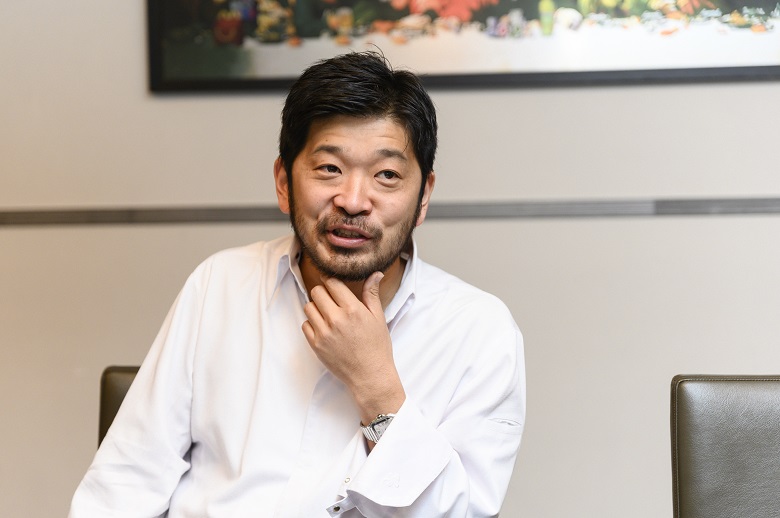
I want to solve various problems related to "food"
—Mr. Matsushima is now working on solving social issues through food from various angles, such as “harmony with nature,” “health,” and “well-being.”
Matsushima:I agree. I think that the most important thing for people is the existence of "people close to us." It could be a family member, a friend, an employee of your company ... It may be different for each person, but if there is any problem there, you want to clear it properly. When I talk to the people around me, they all have problems with "food." So I want to solve it even a little.
— The spread of “umami” that makes the most of the natural taste and the efforts to tackle other social issues were all born by seriously facing the health of people close to you.
Matsushima: At least, I'm sure it's not like "let's do something interesting!" With your ego.
I would like to deliver my salt-free recipes to those who are busy every day and are worried because they don't have time to go home and cook. I'm sure there will be people who will be saved by that.
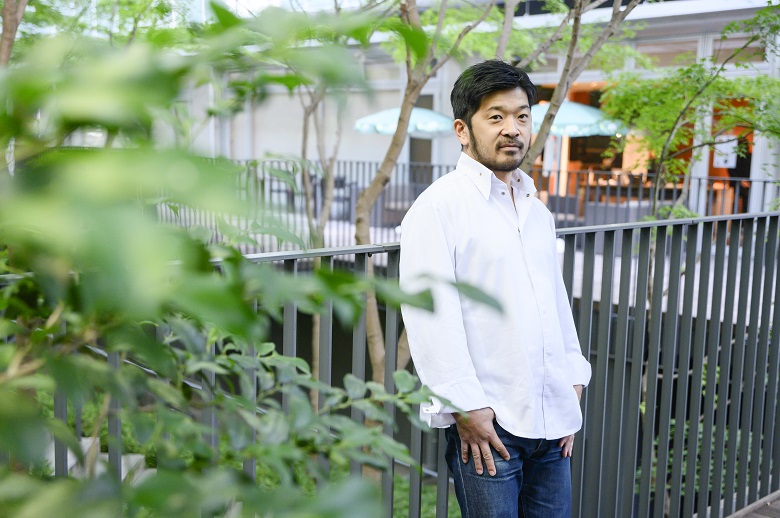
* Honorific titles omitted in the text
Composition: Konomu Mizumoto / Photo: Yuji Tanno / Editing: Yu Oshima

